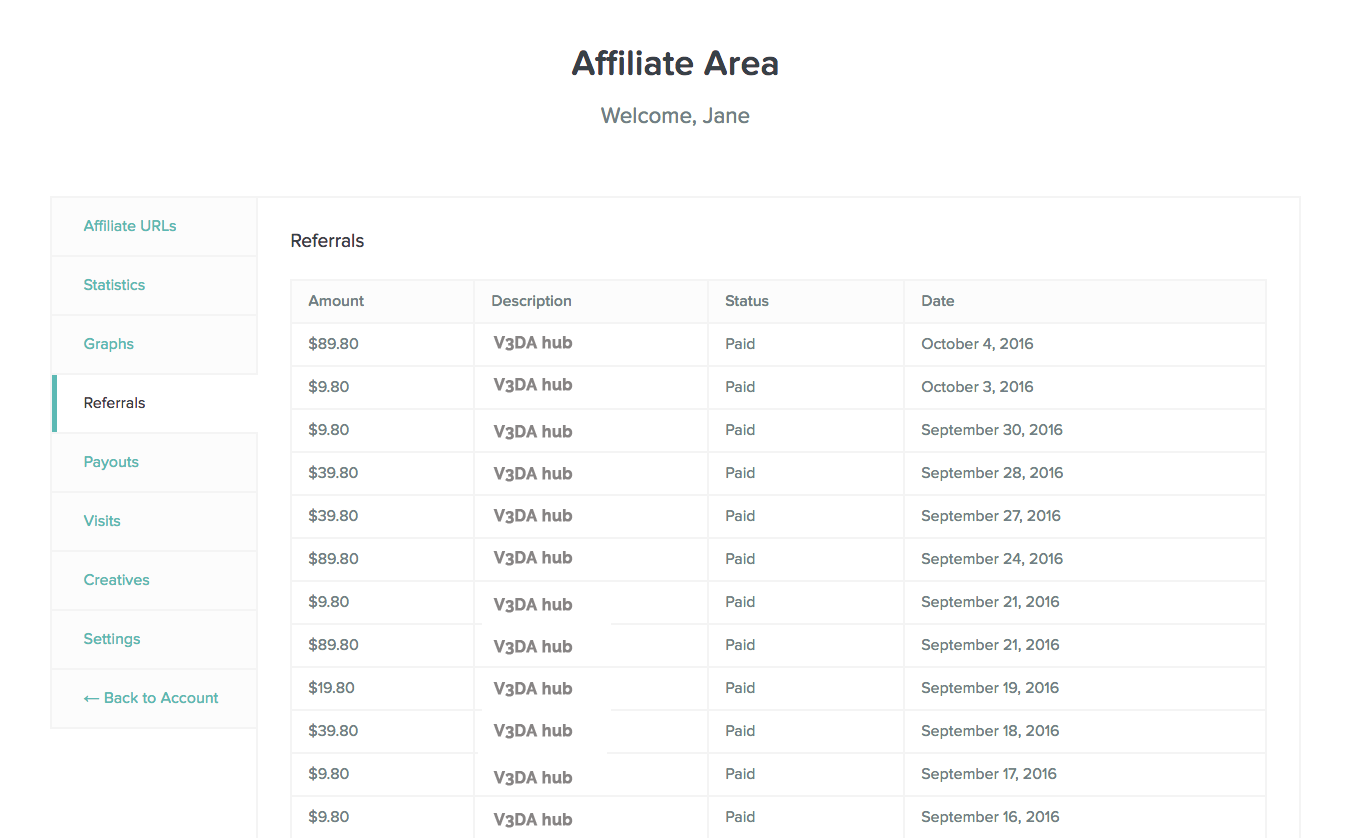30 To 1 Payout
To encourage customers to pay earlier than the prescribed 30 days, some suppliers offer discounts, such as “2.5% 10, net 30,” which can also be written as “2.5/10, net 30.” What this means is the full amount is still payable within 30 days. But the client only needs to pay 97.5% of the amount, if. You’re betting on horse races and want to know how much your winning bet will give you. To compute your $2 win price, take the odds of your horse and multiply the first number by 2, divide that by the second number, and then add $2 — simple as that! Following is a list of.
- 30 To 1 Odds Payout Calculator
- 30 To 1 Payout Options
- Odds Of Winning
- 30 To 1 Odds Payout
- 30 To 1 Ratio
- 30 To 1 Payout Ratio
30 To 1 Odds Payout Calculator
How does this hourly wage calculator work?
30 To 1 Payout Options

This tool allows you estimate your salary earnings by two different approaches according to your needs:
First method can be found in 1st tab and it requires you to provide the following variables:
- Standard / regular pay rate either if it is negotiated with the entity you are working for as hourly, daily, weekly, monthly or annually figure;
- Number of hours you effectively work per day;
- Number of labour hours per week.
By this scenario the gross paycheck formulas applied depend on the way the normal pay rate is specified as detailed below:
- In case the pay rate is “hourly”:
(A) Hourly wage is the value specified by the user within GP.
(B) Daily wage = GP * WPD
Odds Of Winning
(C) Weekly wage = GP * WPD * WDW
(D) Monthly wage = E / 12
(E) Annual wage = 52 * C
- In case the pay rate is “daily”:
(A) Hourly wage = GP / WPD
30 To 1 Odds Payout
(B) Daily wage = GP

(C) Weekly wage = GP * WDW
(D) Monthly wage = Annual wage / 12
(E) Annual wage = 52 * C
- In case the pay rate is “weekly”:
(A) Hourly wage = B / WPD
30 To 1 Ratio
(B) Daily wage = GP / WDW
(C) Weekly wage = GP
(D) Monthly wage = E / 12
(E) Annual wage = 52* GP
- In case the pay rate is “monthly”:
(A) Hourly wage = B / WPD
(B) Daily wage = C / WDW
30 To 1 Payout Ratio
(C) Weekly wage = E / 52
(D) Monthly wage = GP
(E) Annual wage = 12* GP
- In case the pay rate is “annually”:
(A) Hourly wage = B / WPD
(B) Daily wage = C / WDW
(C) Weekly wage = E / 52
(D) Monthly wage = GP / 12
(E) Annual wage = GP
Where:
How much do you get paid = GP
How many hours do you work per day = WPD
How many days per week do you work = WDW
Second calculation approach is within 2nd tab and uses the following figures that should be given:
- hourly wage (HW);
- number of labour hours per day (LHD).
The second algorithm of this hourly wage calculator uses the following equations:
- (A) Annual salary = HW * LHD * 52 weeks in a year
- (B) Monthly salary = A / 12
- (C) Weekly salary = HW * LHD
What is minimum wage?
Within United States, employees must be paid no less than the minimum wage as specified by the Federal and the local governments.
Starting July 2009, the U.S. federal government allows a nationwide minimum wage per hour of $7.25, while depending by each state’s policy employers may be requested to pay higher rates.
For instance as of January 1 2015, there were more than 25 states that started paying a level greater than the minimum mandated. Below there is a table presenting the figure per each state:


| State | Basic minimum wage as of Jan 1 2015 | State | Basic minimum wage as of Jan 1 2015 |
| Alabama | No state minimum wage law. | Montana | $8.05 |
| Alaska | $7.75 | Nebraska | $8.00 |
| American Samoa | has variable minimum wage levels. | Nevada | $8.25 (no insurance)/$7.25 (with insurance) |
| Arizona | $8.05 | New Hampshire | $7.25 |
| Arkansas | $7.50 | New Jersey | $8.38 |
| California | $9.00 | New Mexico | $7.50 |
| Colorado | $8.23 | New York | $8.75 |
| Connecticut | $9.15 | North Carolina | $7.25 |
| Delaware | $7.75 | North Dakota | $7.25 |
| D.C. | $9.50 | Ohio | $8.10(employers with receipt =>$297,00)/$7.25 (employers with receipts <$297,000) |
| Florida | $8.05 | Oklahoma | $7.25 (employers with gross sales >$100,00 & =>10 employees)/$2.00 (the other employers) |
| Georgia | $5.15 | Oregon | $9.25 |
| Guam | $8.25 | Pennsylvania | $7.25 |
| Hawaii | $7.75 | Puerto Rico | $7.25 (FLSA covered employers)/$5.08 (FLSA NOT covered employers) |
| Idaho | $7.25 | Rhode Island | $9.00 |
| Illinois | $8.25 | South Carolina | No state minimum wage law. |
| Indiana | $7.25 | South Dakota | $8.50 |
| Iowa | $7.25 | Tennessee | No state minimum wage law. |
| Kansas | $7.25 | Texas | $7.25 |
| Kentucky | $7.25 | Utah | $7.25 |
| Louisiana | No state minimum wage law. | Vermont | $9.15 |
| Maine | $7.50 | Virgin Islands | $7.25 (state law)/$4.30 (employers with gross annual receipts <$150,000) |
| Maryland | $8.00 | Virginia | $7.25 |
| Massachusetts | $9.00 | Washington | $9.47 |
| Michigan | $8.15 | West Virginia | $8.00 |
| Minnesota | $8.00 (large employers)/$6.50 (small employers) | Wisconsin | $7.25 |
| Mississippi | No state minimum wage law. | Wyoming | $5.15 |
| Missouri | $7.65 |
Table source: Dol Gov
Example of two calculations
Scenario 1: A project manager is getting an hourly rate of $25, while working 8 hours per day and 5 days a week. His income will be:
■ Hourly wage = $25.00
■ Daily wage = $200.00
■ Weekly wage = $1,000.00
■ Monthly wage = $4,333.33
■ Annual wage = $52,000.00
Scenario 1: An employee receives a hourly wage of $15 and he works 40 hours per week which will result in the following earnings:
■ Annual salary = $31,200.00

■ Monthly salary = $2,600.00
■ Weekly salary = $600.00
03 Feb, 2015